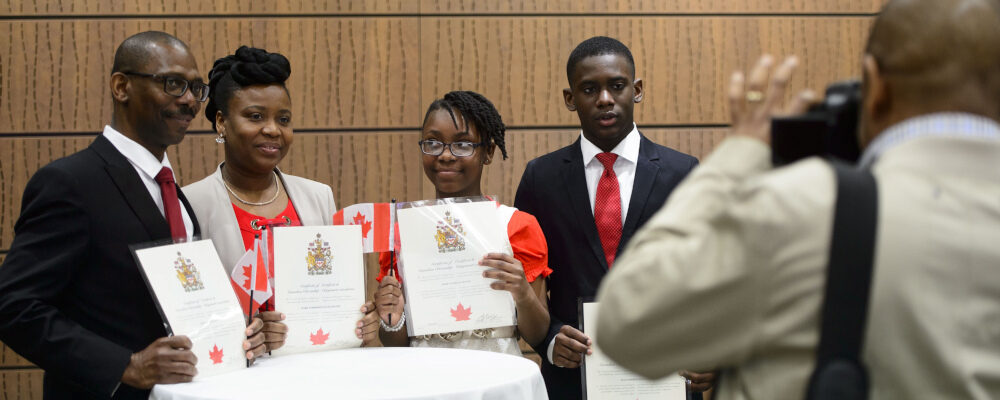Reason will return to its throne.
This pithy Bertie Wooster-inspired outlook is my hope for campuses and communities across Canada. Yes indeed, political and identity-based polarization is abounding. However, there is a glimmer of hope: newcomers.
In 2018, Andrew Sullivan argued that we all live on campus now. Greg Lukianoff and Jonathan Haidt published The Coddling of the American Mind. And more recently, Russell Jacoby described “the dawning takeover of the public sphere by campus denizens and lingo” in “The Takeover“. I had a soupçon of suspicion and thought that universities would at least be somewhat aware of the warnings; on the contrary, many have ignored these harbingers of activism and struggle sessions.
Worthy of Titania McGrath tweets, antics at some universities are popping up these days, including clunkers dropped by academics and administrators themselves. I was appalled by the bullying during the Lindsay Shepard fiasco at Wilfred Laurier University, was disappointed by the mistreatment of Professor Tomáš Hudlický at Brock University, and am seeing the recent EDI creep into academic job advertisements as political discrimination is being written into the basic hiring practices at our public universities. If students are learning in environments such as these, who can blame them for following suit?
Fret not. In the real world, there are vanguards of reason among us: newcomers. I have the pleasure of teaching English as an Additional Language (EAL) to adult students at a university in Alberta, and these individuals are amazing. I do not teach students in our undergraduate programs, but from what I see on campus, I find them to be an affable, open-minded, and reasonable lot. This is reassuring. Of course, this is a subjective, biased bent. Regardless, it is the EAL students who truly inspire me. Without doubt, these are the most open-minded, accepting, adaptive, multicultural, eager, and determined individuals with whom I have had the pleasure of working. Coddled? No. Sensitive? No. Conformists? No. Optimists? Yes. Reasonable? Absolutely, yes.
University English language programs attract a variety of newcomers, many of whom have rich experience studying and working in other countries before settling here. We have nurses, engineers, social workers, artists, homemakers, doctors, carpenters, chefs, and psychologists, just to name a few. Pick a country, and we have probably had a student from there. I have met Afghans who have helped Ukrainians, Syrians who have supported Colombians, Cameroonians who have befriended Taiwanese, and Filipinos who have broken bread with Djiboutians. Furthermore, many students in Alberta have moved from other Canadian provinces, after having decided their first choice of landing was not best for them. I have met several French-speaking newcomers who have come west from Quebec for job opportunities and the chance to study in English. And guess what—some will eventually teach in Alberta schools or work in public offices without the barrier of Bill 21.
StatsCan reported that about one in four people in Canada is or has been a landed immigrant or permanent resident, the highest among the G7. A more astonishing fact is that almost a third of all children in Canada have a least one parent born abroad. And, for those who have been paying attention, the federal government has raised immigration targets with a new goal of 500,000 per year by 2025, with an emphasis on newcomers with work skills or experience. Good or bad—time will tell. Recent immigrants tend to be younger on average than the rest of the Canadian population. And, when we include efforts to accept more Syrians, Ukrainians, Yazidis, Iranians, Afghans, and Uyghurs fleeing horrible situations, the makeup of our population has changed, is changing, and will continue to change.
According to a survey by StatsCan, nearly 60 percent of new working-age immigrants have a bachelor’s degree or higher. However, around 25 percent with foreign degrees reported being overqualified for the jobs they have. So, we have highly educated newcomers, and Canada not doing enough for them. StatsCan also reported that in the first two years of immigration, economic principal applicants with Canadian study experience are doing better. They earn more than those who did not study in Canada as a result of their language proficiency and Canadian work experience. Yes, language instruction helps, thank goodness.
Regarding international students, according to Erudera, in 2022 there were 388,782 international students enrolled in higher education in Canada, a significant increase of 69.8 percent compared to five years ago. Furthermore, the majority (60 percent) of international students studying abroad in Canada reported plans to apply to become permanent residents after graduation and 72.5 percent said they would apply for a post-graduate work permit, which is valid for three years. Long story short—Canada is becoming home to more newcomers, many of whom have post-secondary education, and more must be done in support of integration and success.
Granted, there are concerns. Of course, some EAL students are frustrated, perhaps because of unrealistic expectations, at sitting in a classroom as they would rather be working, supporting their families, and enjoying their new lives in Canada. Also, where is everybody going to live? There is a housing crisis, and it is unrealistic to expect newcomers to be able to afford ridiculous prices and rents. In addition, even though immigration minister Sean Fraser spoke of introducing new “selection tools” that will help the immigration system better target sectors facing current and potential labour shortages, thinking of increasing immigration levels as a silver bullet is wrong, according to labour economist, Mikal Skuterud. This is certainly an issue that warrants more investigation and expertise, which I, alas, sorely lack.

However, I do know my way around the classroom (physical and virtual), and the individuals in my EAL courses often tell me that they want to work in their fields of study, but they must first demonstrate language proficiency, which is a barrier, which makes me, alas again, both a facilitator and a gatekeeper. Nevertheless, there has been progress, such as in Ontario, where the health minister has directed regulatory colleges for nurses and doctors to improve their systems. Even Tom Mulcair and Pierre Poilievre agree on that one. Yes, a clearly defined level of language proficiency is essential, but so is a reasonable, streamlined entrance requirement system.
So, back to the campus, as some universities clumsily navigate the forays of competing ideologies, and as society grapples with signs of Andrew Sullivan’s claim that we all live on campus now, those who will help lead our country out of high inflation and weakened government institutions include newcomers (and their children) who are striving to better themselves, their families, and our communities. These individuals are focused on achieving success rather than on microaggressions or being perpetually aggrieved. Indeed, students in my classroom ask why governments are more interested in the drama of playing politics and dividing than in creating more job opportunities and pulling Canadians together.
And no, I am not speaking for newcomers—they are eminently capable; rather, I am highlighting their potential because, in my view, as language learners, they are often ignored. Most have neither the privilege of nor the time for navel-gazing: they are focused and deserve a fair opportunity to achieve the reasonable goals of personal and professional success.
The faculty of reason is not something that we should surrender (a tip of the hat to Christopher Hitchens). The good news is that, based on my lived experience, the inspiring newcomers at universities are among the discerning thinkers of our future. It is comforting to know that when I eventually retire, I can reflect on the mind-blowing time I spent with such a diverse array of brilliant individuals. We are in good hands.
Will Reason return to its throne? I think Jeeves would say right-ho.




